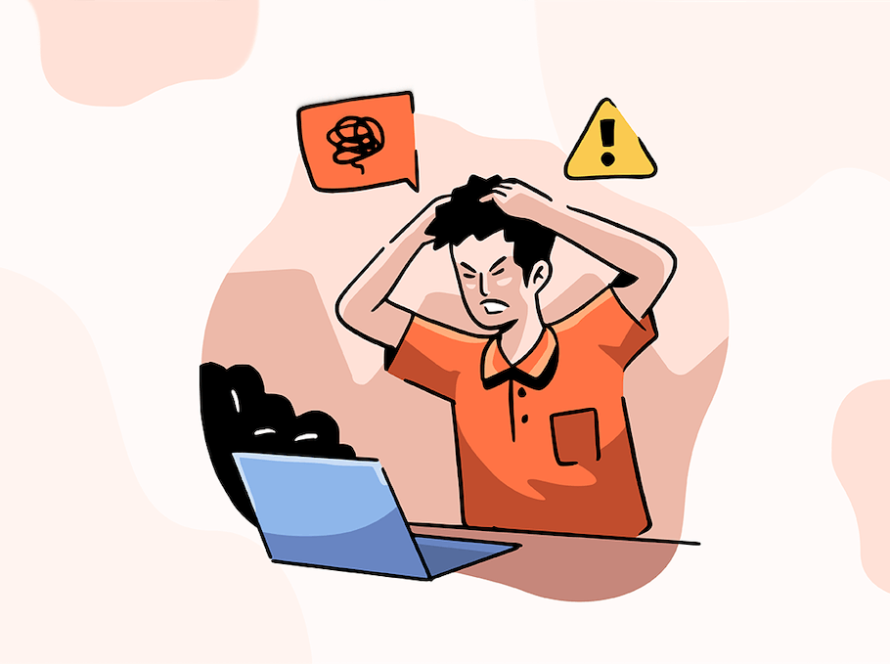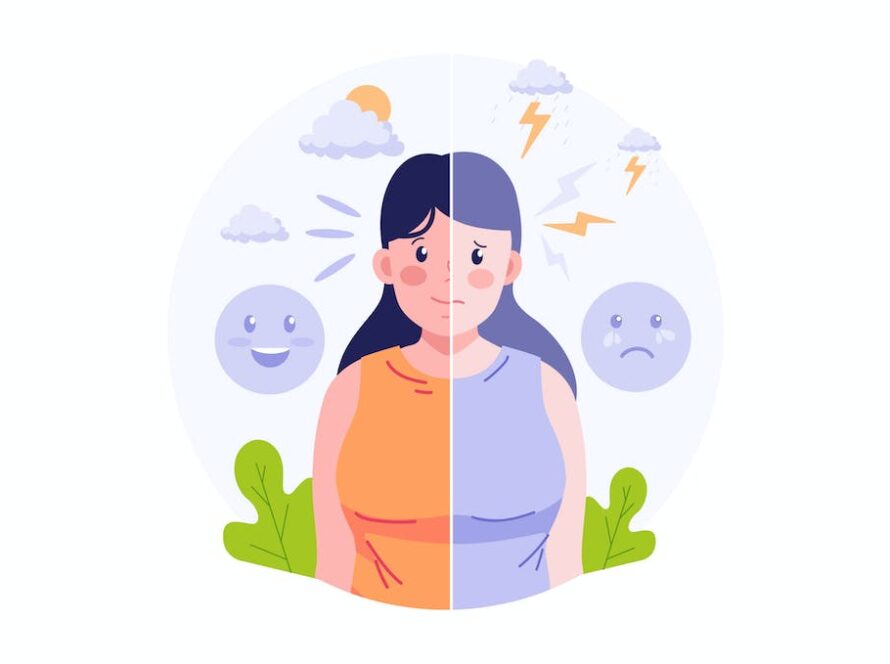As mental health awareness continues to grow, more individuals are seeking support and information from helpline services. These helplines play a vital role in providing guidance, resources, and a listening ear to those experiencing emotional distress or struggling with mental health issues. Here are some of the most frequently asked questions among helpline callers in the realm of mental health:
- “I’m feeling overwhelmed and anxious. What can I do to manage my anxiety?”
Anxiety is one of the most common issues among helpline callers. Callers often seek advice on coping strategies to manage their anxious feelings, such as deep breathing exercises, mindfulness techniques, grounding exercises, and seeking professional counseling.
- “What are the signs and symptoms of depression?”
Callers frequently inquire about the signs of depression to better understand their feelings and experiences. Helpline responders typically provide information on common symptoms of depression, such as persistent sadness, loss of interest in activities, changes in sleep and appetite, and feelings of hopelessness.
- “I think I may have a mental health condition. How can I get a diagnosis?”
Many helpline callers express concern about their mental well-being and wonder about the process of obtaining a diagnosis. Helpline responders typically encourage seeking an evaluation from a mental health professional, such as a psychiatrist or psychologist, who can conduct a comprehensive assessment and provide an accurate diagnosis.
- “I’m having suicidal thoughts. What should I do?”
Calls expressing suicidal thoughts or ideation are taken with the utmost seriousness. Helpline responders prioritize safety and may engage in crisis intervention by offering immediate support and encouraging the caller to reach out to emergency services or a local crisis hotline.
- “How can I help a friend or family member who is struggling with mental health issues?”
This question reflects the concern and empathy many people have for their loved ones. Helpline responders may provide guidance on how to approach the individual, offer support, and encourage them to seek professional help.
- “Are there any support groups or resources available for people with specific mental health conditions?”
Many callers seek information on local support groups or online resources related to their specific mental health condition. Helpline responders can provide information on relevant organizations, websites, or community-based support services.
- “I’m experiencing stress due to a specific life event (e.g., loss of a loved one, job loss). How can I cope with it?”
Helpline callers often reach out during times of significant life changes or losses. Responders may provide coping strategies, recommend counseling, and emphasize the importance of self-care during challenging times.
- “What are the available mental health services covered by insurance or low-cost options?”
Affordability and accessibility of mental health services are concerns for many callers. Helpline responders may provide information on free or low-cost mental health clinics, government programs, or online resources.
- “How can I practice self-care and improve my overall well-being?”
Self-care is a popular topic of discussion among helpline callers seeking ways to enhance their emotional resilience and well-being. Responders may suggest self-care practices, such as regular exercise, engaging in hobbies, maintaining social connections, and setting healthy boundaries.
- “I feel alone and isolated. Can you help me find someone to talk to?”
Loneliness and isolation can significantly impact mental health. Helpline responders may offer to be a listening ear and can provide information about support services, hotlines, or helplines that are available for ongoing conversations.



